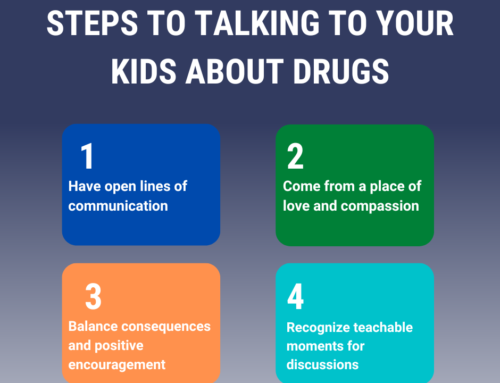Smartphones are useful for sharing pictures, texting, getting directions, checking email, listening to music, checking Facebook, and, occasionally, having a conversation with someone in another place. The downside is that most of us spend far too much time on our smartphones. Apps and games are designed to be addictive and drive engagement so the platforms can sell more ads. As a result, people spend more time looking at their phones than is prudent, or even safe. How many times have you seen someone looking at her phone while driving 80 miles per hour on the interstate?
For many people, using their smartphones is more than a habit; it’s an addiction. They check their phones compulsively every few minutes. And if they can’t check their phones, they get anxious and irritable. This should be of particular concern to anyone with a history of addiction. Addiction transfer is common in recovery. People give up one addiction and pick up another. It might be coffee, sugar, exercise, or smartphones.
Studies have shown that certain personality traits may predict your vulnerability to smartphone addiction. The “Five Factor Model” or “Big 5” is an inventory of personality traits commonly used in psychology. You can remember the Big 5 traits by the acronym OCEAN–Openness, Conscientiousness, Extraversion, Agreeableness, and Neuroticism. People who are prone to smartphone addiction tend to score high on neuroticism and low on agreeableness and conscientiousness.
This makes sense in many ways. Someone who scores high on conscientiousness, for example, is not likely to endanger herself and others by checking Facebook while driving on the interstate. Someone low in conscientiousness, on the other hand, will lack the impulse control to ignore an alert while driving. Someone high in neuroticism is likely to be restless and want a distraction from gnawing worries. Someone low in agreeableness and conscientiousness sees every Facebook post as an invitation to a political argument.
The one anomalous result is that people who are both highly conscientious and agreeable are actually more likely to be addicted to their smartphones. This might be because they feel a greater urgency to respond to friends and family on text, chat, and social media.
Whatever the reasons for smartphone addiction, it can be very unhealthy. Not only is it a danger while driving, but like any addiction, it can cause you to spend time on your phone instead of meeting your obligations. Greater social media engagement has also been linked to more feelings of depression.
The good news is that conscientiousness is one of the more malleable personality traits, and it typically increases as you get older. You can become more conscientious, and thus less prone to smartphone and other addictions, simply by consistently trying to be more conscientious. That means showing up on time, keeping a reasonable schedule, and using even small opportunities to practice willpower.
Located in downtown Midland, The Springboard Center’s mission is to offer programs and services to treat alcohol and drug addiction treatment using an evidence based curriculum, 12 step programs, diet, nutrition, exercise, emotional, mental and spiritual development for a long recovery. For more information, please call us at 432-620-0255 as we are open 24 hours a day, 7 days a week.




